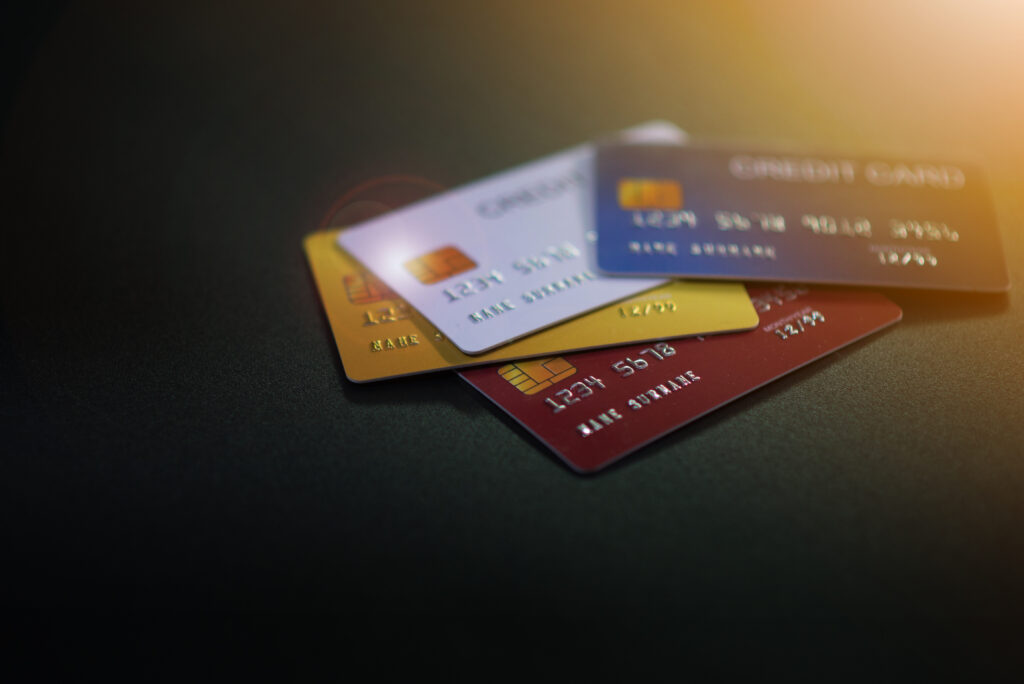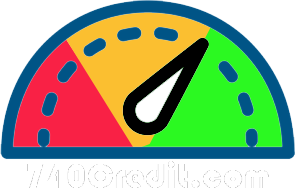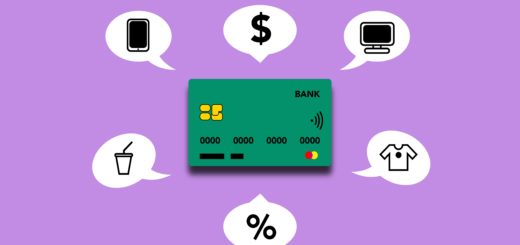The Negative Consequences of Credit Card Debt

Credit card debt is a prevalent issue that affects millions of people worldwide. The ease of swiping a credit card can make it easy to overspend, and the high-interest rates associated with credit cards can quickly accumulate, leading to a cycle of debt. In this discussion, we will explore the reasons why credit card debt is bad and the negative consequences that come with it.
High-Interest Rates
One of the primary reasons why credit card debt is bad is the high-interest rates associated with credit cards. These interest rates can be as high as 20% or more, which means that if you carry a balance on your credit card, you’ll end up paying more for the items you purchased than you would have if you had paid with cash or a debit card. This interest can quickly accumulate, making it challenging to pay off the balance, especially if you’re only making the minimum payments.
Debt Cycles
Credit card debt can also lead to debt cycles, where you’re only making payments to maintain your balance without ever paying it off. The minimum payment required by credit card companies is usually only a small percentage of the balance, which means that you’ll still be paying interest on the remaining balance. As a result, you may find yourself stuck in a cycle of debt, where you’re only able to make minimum payments each month, and the balance never decreases. Debt cycles can lead to a significant accumulation of interest, making it much more challenging to pay off the balance.
Lower Credit Scores
In addition to the financial consequences of credit card debt, it can also have an impact on your credit score. Carrying a high balance on your credit card can hurt your credit score, making it harder to obtain credit in the future. This can have significant consequences, such as higher interest rates on loans, difficulty securing a mortgage or rental agreement, and more. Your credit score is a reflection of your creditworthiness, and a high balance on your credit card can signal to lenders that you may be a riskier borrower.
Financial Stress
Credit card debt can also lead to financial stress, as you may feel like you’re always one unexpected expense away from falling behind on payments. This stress can have a negative impact on your mental health and overall well-being. Additionally, credit card debt can limit your financial freedom and make it challenging to achieve your financial goals, such as saving for a down payment on a house, starting a business, or retiring comfortably. By carrying a balance on your credit card, you’re essentially using future income to pay for past purchases, which can limit your ability to save and invest for the future.
Ways to Avoid Credit Card Debt
To avoid the negative consequences of credit card debt, it’s important to be mindful of your credit card usage and to pay off your balances in full each month. Here are some tips to help you avoid credit card debt:
- Stick to a Budget: Creating a budget can help you keep track of your spending and avoid overspending. By setting spending limits for different categories such as groceries, entertainment, and transportation, you can make sure you’re not overspending in any one area.
- Only Charge What You Can Afford to Pay Back: It’s essential to only charge what you can afford to pay back each month. If you’re unable to pay off your credit card balance in full each month, you should avoid making any additional charges until you can.
- Avoid Cash Advances: Cash advances on credit cards come with high-interest rates and fees, making them an expensive way to borrow money. It’s best to avoid cash advances altogether if possible.
- Pay on Time: Late payments can lead to additional fees and interest charges, and they can also hurt your credit score. Make sure you’re making your credit card payments on time each month to avoid any.




